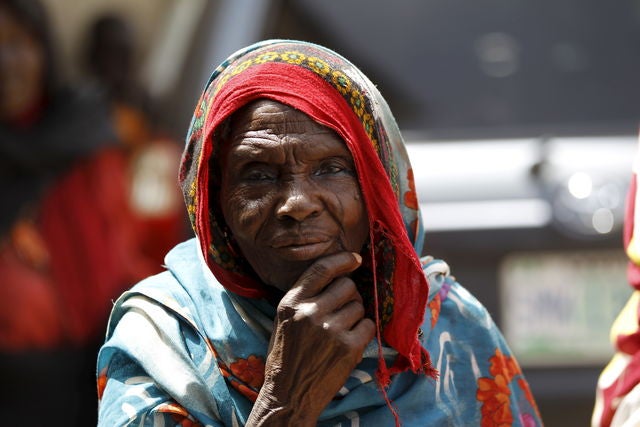Life expectancy in Africa has increased by an average 10 years: WHO
The increase in life expectancy across the continent can be attributed to factors including broader access to women's reproductive and maternal health and the health of children, according to the world health body

Life expectancy in Africa has increased by an average 10 years, says a new World Health Organization report. Contributing factors include efforts to broaden access to women's reproductive and maternal health and the health of children, as well as gains in managing infectious diseases.
According to the WHO's Tracking Universal Health Coverage report, the median age of death on the continent was 46 in 2000. By 2019, it was 56. Though still much lower than the global average of 64, the 10-year increase is well above an overall global increase of five years.
Accelerated efforts in the fight against HIV, tuberculosis, and malaria starting in 2005 have contributed to significantly longer life spans. More widespread availability of basic health care was also cited as a major influence.
“The sharp rise in healthy life expectancy during the past two decades is a testament to the region’s drive for improved health and well-being... people are living healthier, longer lives, with fewer threats of infectious diseases, and with better access to care and disease prevention services,” said the WHO's Regional Director for Africa, Dr. Matshidiso Moeti.
Despite these positive developments, the region has seen a rise in chronic diseases such as hypertension and diabetes. Dr. Moeti warned that "unless countries enhance measures against the threat of... other noncommunicable diseases, the health gains could be jeopardized.”
The report also noted that the impacts of the COVID-19 pandemic could threaten further progress. The continent experienced notable disruptions in maintaining essential health operations – over 90 percent of African countries surveyed by the WHO in 2021 reported the pandemic had a negative effect on immunizations, impacted access to adequate nutrition, and contributed to a lack of support for managing tropical diseases.
With some exceptions, African countries tend to spend less on health care compared to other countries, with most governments providing less than 50 percent of overall health costs, the organization said. Improvements in health care will demand a substantial reduction of household spending on health care-related goods and services.
Community and private sector engagement and investment, the report says, are central to flourishing health infrastructures. Setting up localized monitoring programs, it adds, could help communities anticipate potential health threats and system disruptions.
The better Africa can cope with impending pandemics and other health threats, said Dr Moeti, the better the outlook for local economies. She urged governments to make substantial investments in health so that countries can prepare for future health emergencies.
How can we help you?
believes that the quickest path to improving health outcomes to identify positive outliers in health and help leaders implement lessons in their own countries.
With our network of in-country and cross-country partners, we research countries that have made extraordinary progress in important health outcomes and share actionable lessons with public health decisionmakers.
Our research can support you to learn about a new issue, design a new policy, or implement a new program by providing context-specific recommendations rooted in Exemplar findings. Our decision-support offerings include courses, workshops, peer-to-peer collaboration support, tailored analyses, and sub-national research.
If you'd like to find out more about how we could help you, please click . Please consider so you never miss new insights from Exemplar countries. You can also follow us on Twitter and LinkedIn.
